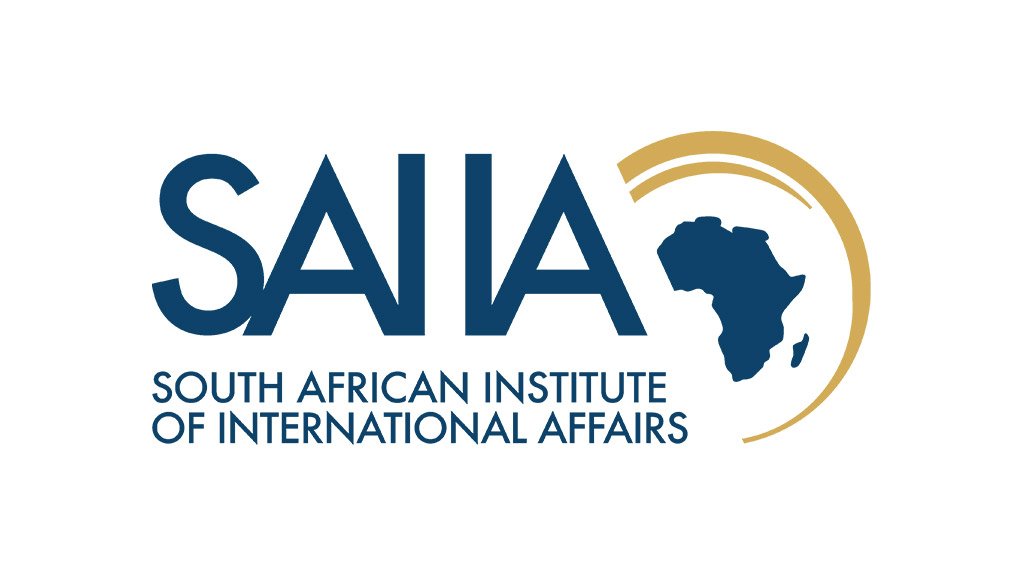As institutions mature, they should take stock to gear themselves for the future. Led by Rwanda’s President Paul Kagame, a process is under way at the African Union (AU) to do just that. How might this this reform drive affect the African Peer Review Mechanism (APRM), the continent’s voluntary governance promotion and assessment instrument?
The AU has great expectations of the APRM. A main priority of the January 2017 Kagame Report – The Imperative to Strengthen our Union: Report on the Proposed Recommendations for the Institutional Reform of the African Union – is to “realign the structure of the African Union institutions to deliver on key priorities”.
It recommends an extension of the current mandate of the APRM, saying the institution “could be strengthened to track implementation and oversee monitoring and evaluation in key governance areas of the continent”. African heads of state chose to substitute “could” with “should” in a January 2017 declaration, envisaging a role for the APRM to monitor implementation of Agenda 2063 (the AU’s 50-year development vision) and the UN’s 17 Sustainable Development Goals, global targets for the year 2030.
This will be a formidable challenge for the APRM system as currently constituted. The review process is glacial: in 14 years, the APRM has attracted 36 members and conducted 20 base reviews, plus one second review in Kenya. Member states need to encourage their recalcitrant peers to ready themselves for reviews. Going forward, reporting on National Programmes of Action must be prioritised, their programmes funded and capacity and peer learning increased.
The APRM has initiated dialogue with its strategic and civil society partners on the scale and scope of its new mandate, to ensure complementarity with existing reporting by national ministries and statistical bodies, the UN organs and the New Partnership for Africa’s Development (NEPAD). The discussion was enriched at a joint experts’ workshop with the South African Institute of International Affairs on 10 August 2017.
The task ahead for the APRM is therefore to think carefully through what this new mandate entails, in the context of the changes the Kagame reforms might bring. The APRM will have to coordinate its monitoring and evaluation efforts with other continental and global organisations and APRM bodies at national level, and figure out how to track compliance in members and non-members alike. It needs a baseline against which to measure progress, which is difficult as some review reports are a decade old now.
Meeting the mandate may require major reforms – including reformulating the questionnaire APRM member states work off, examining the relevance of the APRM’s management structures, and equipping itself with the ability to turn reviews around more rapidly. And its 2017-2020 Strategy Plan may need to be updated to include raising resources and building capacity to meet new needs.
Ultimately, the APRM needs to clearly articulate where it adds value, to proceed with its expanded mandate in an effective and efficient manner.
Written by Steven Gruzd, the head of the Governance and Foreign Policy Programme at the South African Institute of International Affairs (SAIIA), and has been closely following the APRM since its inception in 2003. This piece was first published in the November 2017 issue of Governance Link, an APRM newsletter.
EMAIL THIS ARTICLE SAVE THIS ARTICLE ARTICLE ENQUIRY
To subscribe email subscriptions@creamermedia.co.za or click here
To advertise email advertising@creamermedia.co.za or click here











